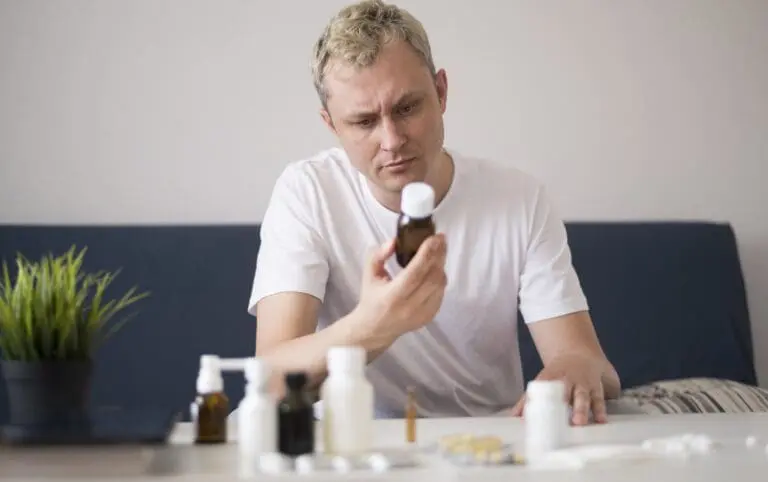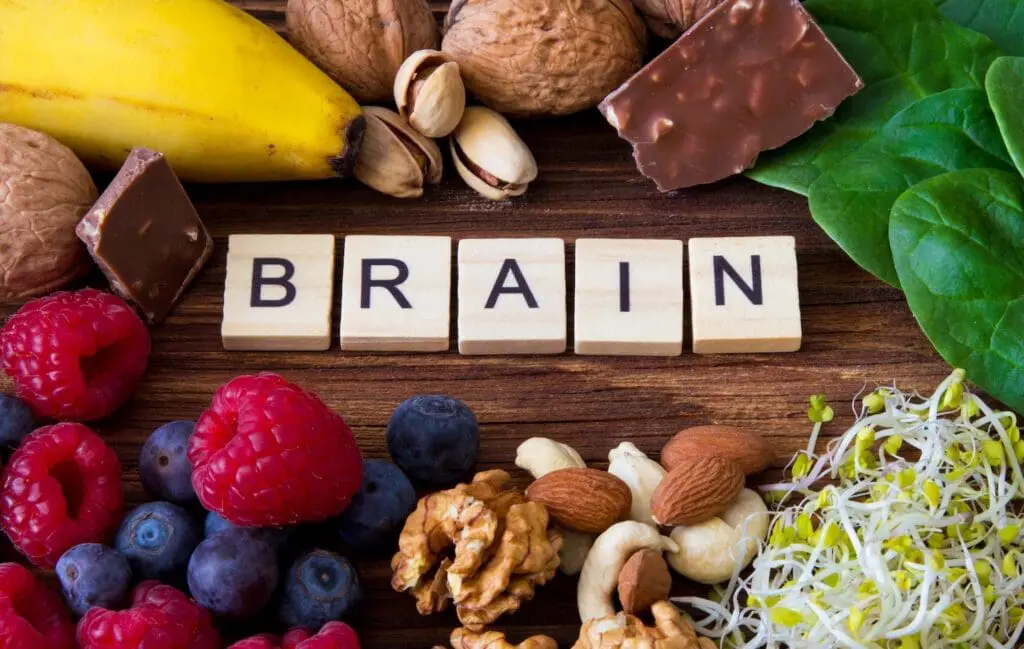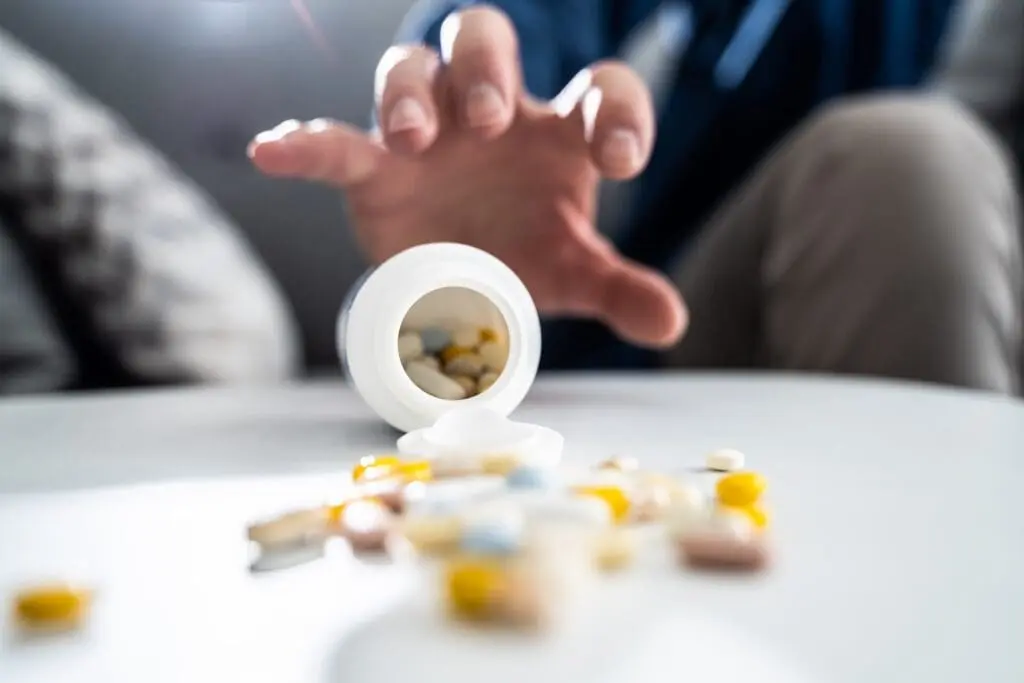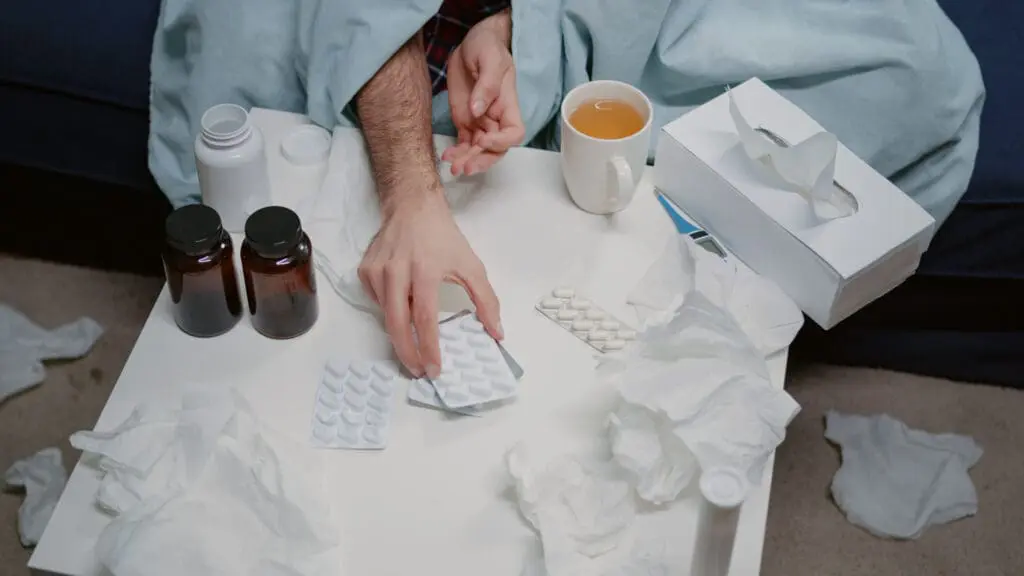The Mental Addictive Nature of Steroids and Their Long-Term Risks

In today’s society, the allure of performance enhancement and the pressure to achieve physical perfection often lead individuals down a dangerous path: steroid use. While the physical effects of anabolic steroids are well-documented, the mental addiction to these substances is an equally critical issue that is often overlooked. This blog delves into the psychological grip steroids can have, the risks of prolonged use, and the importance of careful management when coming off steroids. Finally, we’ll explore how facilities like Jintara Rehab can support individuals in breaking free from steroid dependency and addressing the accompanying mental health challenges.
The Mental Addictive Nature of Steroids
Unlike substances traditionally associated with addiction, anabolic steroids don’t produce a euphoric high. Instead, their addictive nature stems from the psychological and emotional rewards they offer. Users often report feeling invincible, confident, and powerful, emotions tied to their enhanced physical appearance and performance. This sense of empowerment can create a mental dependency, especially for those with underlying insecurities, body dysmorphia, or societal pressures to conform to specific ideals of masculinity or beauty.
Psychological Triggers of Steroid Addiction
- Body Image Issues: Many steroid users suffer from muscle dysmorphia, a condition where they perceive themselves as insufficiently muscular despite evidence to the contrary.
- Social Comparisons: The rise of social media exacerbates the pressure to maintain an ideal physique, driving individuals to use steroids to compete with or emulate others.
- Performance Pressure: Athletes and fitness enthusiasts may feel compelled to use steroids to gain a competitive edge or achieve personal bests.
Over time, the psychological reliance on steroids can become as significant as physical dependence, creating a cycle of use that is difficult to break.
The Risks of Prolonged Steroid Use
While steroids can deliver short-term gains, the long-term risks far outweigh the benefits. Prolonged use can wreak havoc on both physical and mental health, leading to irreversible damage.
Physical Risks
- Hormonal Imbalances: Steroids suppress the body’s natural production of testosterone, leading to testicular shrinkage, infertility, and gynecomastia (development of breast tissue in men).
- Cardiovascular Issues: Steroid use increases the risk of high blood pressure, heart attacks, and strokes due to elevated cholesterol levels and arterial damage.
- Liver Damage: Oral steroids, in particular, are toxic to the liver, leading to conditions such as liver tumors and hepatic dysfunction.
- Musculoskeletal Problems: While steroids enhance muscle growth, they can weaken tendons and ligaments, increasing the risk of injuries.
Mental Health Risks
- Mood Swings and Aggression: Commonly referred to as ‘roid rage,’ prolonged use can lead to intense mood swings, irritability, and even violent behavior.
- Depression: Coming off steroids often results in a significant drop in mood due to the body’s inability to produce adequate testosterone, leading to feelings of hopelessness and despair.
- Anxiety: Many users experience heightened anxiety, particularly when they can’t maintain the physique they’ve built with steroids.
Managing the Transition Off Steroids
Quitting steroids isn’t as simple as stopping use. Abruptly ceasing steroids can lead to severe withdrawal symptoms, including fatigue, loss of muscle mass, and depression. Therefore, a structured and medically supervised approach is essential.
The Role of Post-Cycle Therapy (PCT)
Post-Cycle Therapy (PCT) is a critical step in helping the body restore its natural testosterone production. Without it, individuals risk long-term hormonal imbalances that can lead to persistent health issues.
- Human Chorionic Gonadotropin (HCG):
- HCG mimics luteinizing hormone (LH), stimulating the testes to produce testosterone. This helps counteract the suppression caused by steroids.
- It is typically used in the early stages of PCT to “wake up” the testes.
- Clomid (Clomiphene Citrate):
- Clomid blocks estrogen receptors in the brain, signaling the pituitary gland to produce more LH and follicle-stimulating hormone (FSH), which stimulate testosterone production.
- It is often used alongside HCG to maintain a steady hormonal balance.
Gradual Tapering vs. Abrupt Cessation
Gradually tapering off steroids allows the body to adjust slowly, minimizing withdrawal symptoms. Sudden cessation can shock the body, leading to severe depression, loss of libido, and other health complications.
Addressing the Mental Health Challenges
The psychological effects of quitting steroids can be just as challenging as the physical ones. Anxiety, depression, and feelings of inadequacy often accompany the transition, making mental health support crucial.
Coping Strategies
- Therapy:
- Cognitive Behavioral Therapy (CBT) can help individuals address distorted thoughts about body image and self-worth.
- Group therapy provides a supportive environment to share experiences and learn from others facing similar challenges.
- Stress Management:
- Techniques like meditation, mindfulness, and exercise can reduce anxiety and promote emotional resilience.
- Building a Support System:
- Surrounding oneself with understanding friends, family, or a supportive community can make the journey easier.
How Jintara Rehab Can Help
Jintara Rehab specializes in treating steroid addiction and the associated mental health challenges. Their holistic approach combines medical, psychological, and lifestyle interventions to ensure comprehensive recovery.
Medical Detox and Monitoring
- Jintara provides medically supervised detox programs to safely taper off steroids and manage withdrawal symptoms.
- Their team of healthcare professionals monitors hormone levels and tailors treatment plans, including PCT protocols, to each individual’s needs.
Mental Health Support
- Licensed therapists and counselors at Jintara help clients work through anxiety, depression, and body image issues.
- Programs include individual therapy, group sessions, and family counseling to address the emotional and relational aspects of recovery.
Lifestyle Rehabilitation
- Nutritional guidance helps clients restore their health and support natural hormone production.
- Fitness programs emphasize sustainable exercise routines without the use of performance-enhancing drugs.
- Educational workshops equip clients with the knowledge to make informed choices about their health.
The journey to recovery from steroid addiction is complex, involving both physical and psychological dimensions. Understanding the mental addictive nature of steroids, the long-term risks of use, and the importance of structured post-cycle therapy is crucial for breaking free from dependency. Facilities like Jintara Rehab provide a lifeline, offering expert care and support to help individuals regain their health, confidence, and sense of self-worth.
If you or someone you know is struggling with steroid addiction, reaching out for professional help could be the first step toward a healthier, more fulfilling life. Remember, recovery is not just about quitting steroids; it’s about rebuilding a life where self-worth isn’t tied to physical appearance or performance.

Author: Darren G Lockie
Founder and CEO of Lanna Healthcare.






